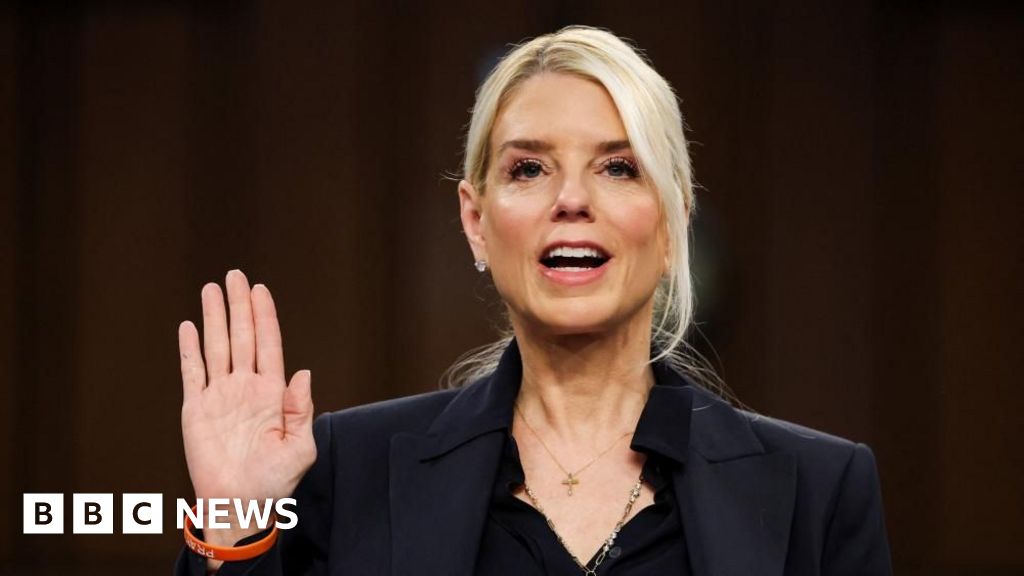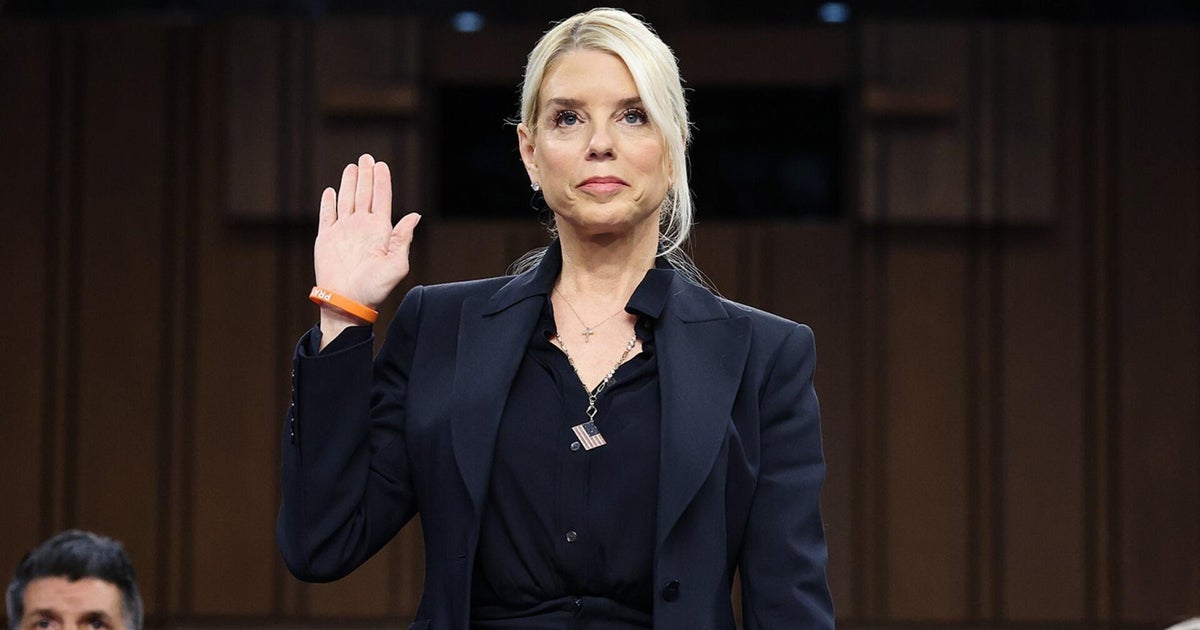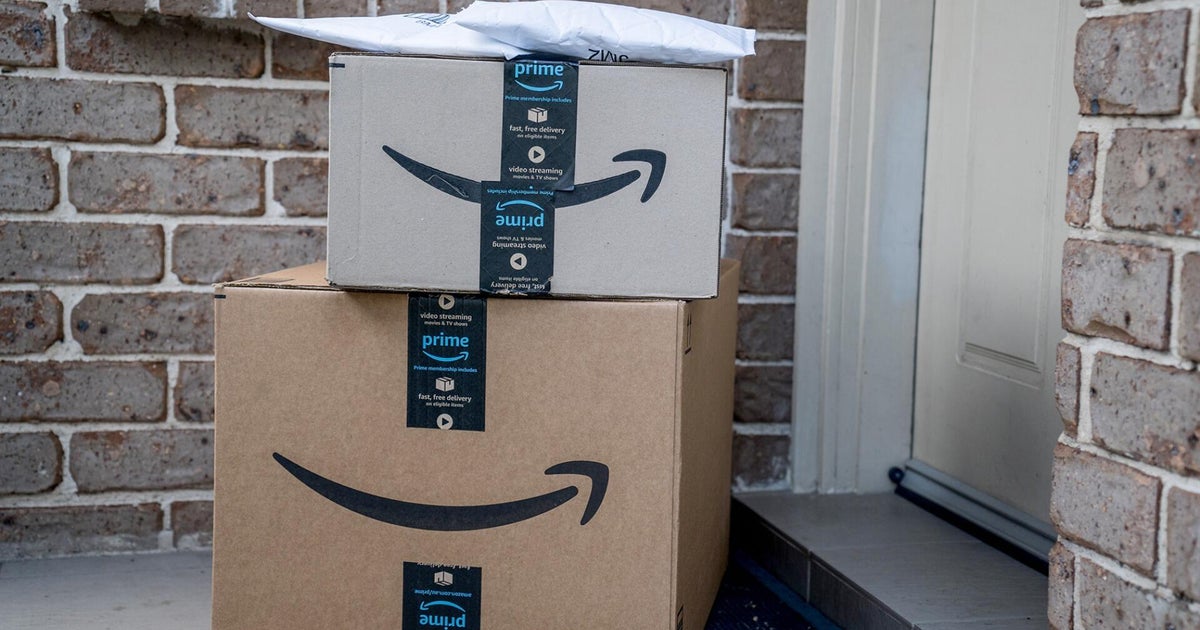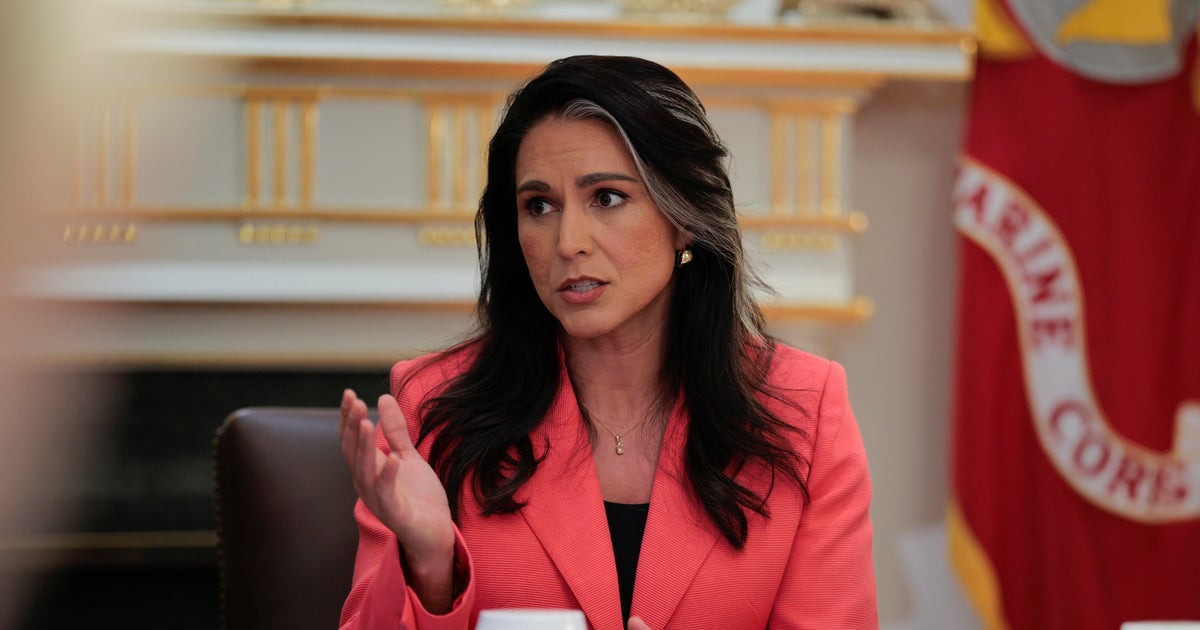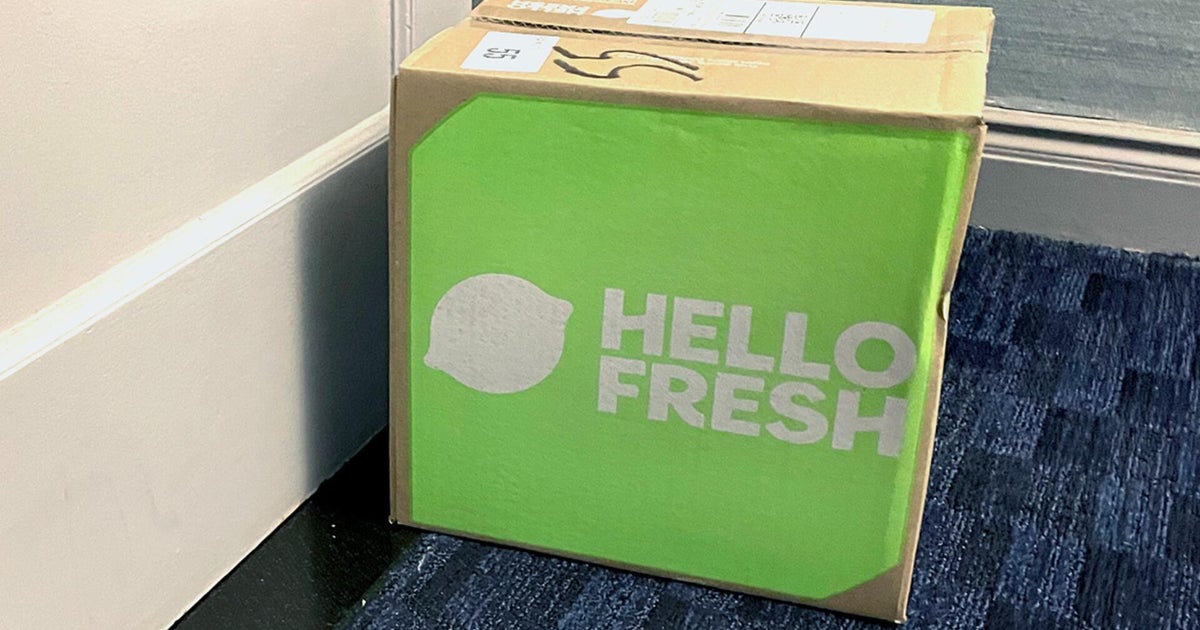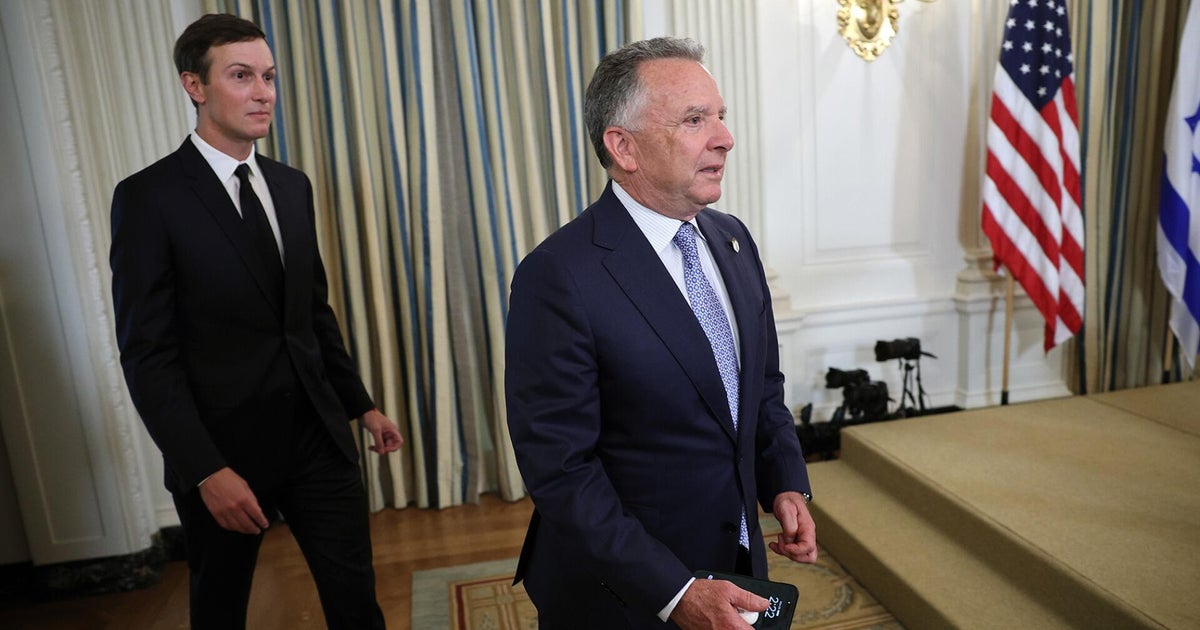Australia’s largest steelmaker, BlueScope, warns a shortage of affordable gas on the eastern seaboard could prevent it from lobbing a bid to rescue the collapsed Whyalla steelworks, as it steps up calls for the Albanese government to force prices lower.
BlueScope is leading a consortium that’s considering a joint bid to buy the beleaguered South Australian steel mill, which had been owned by British billionaire Sanjeev Gupta but was placed into administration this year.
The South Australian and federal governments have unveiled a $2.4 billion bailout package for the facility, which will include $1.9 billion for its new owners to upgrade its infrastructure.

Prime Minister Anthony Albanese has announced a $2.4 billion support package for the Whyalla steel mill.Credit: Ben Searcy, Nine News
In a speech to be delivered at the National Press Club on Wednesday, BlueScope chief executive Mark Vassella will say moving Whyalla’s coal-fired steelmaking furnaces to a process known as direct reduction, which uses natural gas, has been identified as the “most viable way” to ensure a sustainable future for the site and its workforce.

BlueScope CEO Mark Vassella.Credit: Arsineh Houspian
“Together, we are evaluating whether it’s feasible,” Vassella says in a draft copy of the speech. “But the highest hurdle will be access to an adequate supply of affordable gas.”
BlueScope, whose partners in the bidding consortium include Japan’s Nippon Steel, Korea’s POSCO and India’s JSW Steel, is among a group of a dozen Australian manufacturers who are escalating warnings to the federal government that failing to bolster domestic gas supplies and tame soaring prices will imperil their industry and lead to a “deindustrialisation of our economy”. Factories depend on gas to power a range of industrial processes needed to manufacture building materials, plastics, chemicals and fertilisers.
“Australian manufacturing is at a dangerous crossroad,” Vassella says.
Australia has become one of the top suppliers of liquefied natural gas (LNG) to the rest of the world following the start-up of massive gas export terminals in Queensland in the past decade. At the same time, however, the vast offshore gas fields in Bass Strait that have long supplied homes and businesses in the southern states of Victoria, NSW and South Australia have begun rapidly drying up, leaving millions of consumers vulnerable to fuel shortages and price hikes before the end of the decade unless new supplies are urgently made available.
This year, the government has begun a sweeping review to ensure the rules requiring gas exporters to keep the local market well supplied are delivering “as intended”. Manufacturers and the Victorian government have revived calls for the government to set up an east coast reservation scheme for Queensland’s LNG sector, similar to what is in place in Western Australia, where gas exporters are required to hold back a prescribed volume for the local market only.
BlueScope’s Vassella on Wednesday will urge the government to go further still, and force a reduction in gas prices to prevent factories closing down.
He says the Albanese government should either become a bulk buyer of gas on behalf of local companies, or impose a levy on LNG producers’ exports of uncontracted gas that they choose to sell on the international spot market instead of locally, and use that revenue to reduce costs for domestic buyers.
“These are, without question, major changes to current east coast gas policy settings,” he says. “But they are not revolutionary.”
Gas producers remain staunchly opposed to the prospect of price controls, telling the government that seeking to artificially lower gas prices to below market value will undermine the economics of investing in new sources of supply and tighten supplies even further.
Two of Queensland’s LNG ventures – backed by Origin Energy and Shell – have signalled they are open to working with the government on the development of a reservation scheme, as long as all the state’s exporters are made to contribute to it equitably.
Loading
But Santos-backed Gladstone LNG venture, which relies heavily on buying gas from the domestic market to meet its export commitments, along with key Asian LNG customers in Korea and Japan, have raised serious concerns that some proposals for the scheme’s design would risk driving out investment and jeopardising trading relationships.
Vassella insists that “no one is calling for contracts to be torn up”.
“We should ignore the self-serving objections of overseas energy companies,” he says.
Most Viewed in Business
Loading






